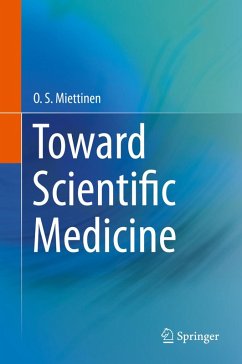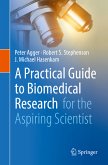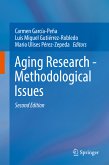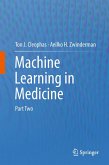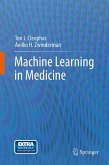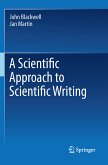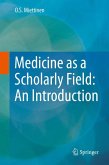In these terms, today's medicine still is mostly pre-scientific, and major innovations are needed within and around medicine for healthcare to get to be in tune with reasonable expectations about it in this Information Age. Thus, while the leading cause of litigation for medical malpractice in the U.S. is failure to expeditiously and correctly diagnose the probability of myocardial infarction in a hospital's emergency room, this book shows that a typical modern textbook of cardiology, just as one of medicine at large, imparts no knowledge about the diagnostic probabilities needed in this, and that the prevailing type of diagnostic research will not produce the requisite knowledge. If the diagnostic pursuits in an ER would be guided by an emergency-room diagnostic expert system, this would guarantee expert diagnoses by all ER doctors.
Academic leaders of medicine and medical researchers concerned to advance the knowledge-base of medicine will find a wealth of stimulus for thinking about the deficiencies of the prevailing knowledge culture in and surrounding medicine, and about the directions of the needed progress toward genuinely scientific medicine.
Dieser Download kann aus rechtlichen Gründen nur mit Rechnungsadresse in A, B, BG, CY, CZ, D, DK, EW, E, FIN, F, GR, HR, H, IRL, I, LT, L, LR, M, NL, PL, P, R, S, SLO, SK ausgeliefert werden.
"This is a book for all educators of medical students and trainers of residents. ... This book is profoundly thought-provoking. It clearly outlines the good and the less effective aspects of the current medical literature and research and offers great insights into how medical education could benefit from a course correction to encourage thinking on a wider epidemiological scale. ... This is a valuable book for every teaching and training center library." (Vincent F. Carr, Doody's Book Reviews, March, 2014)

